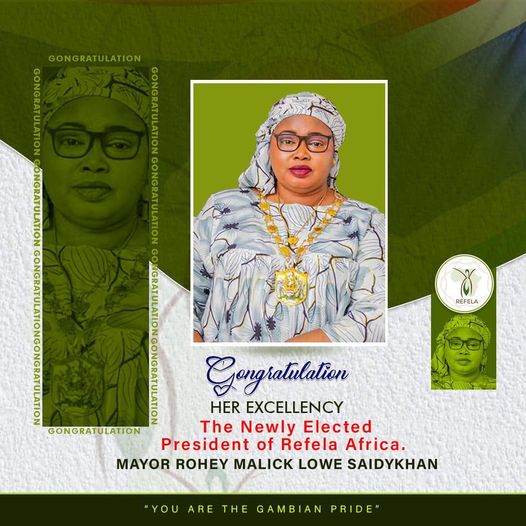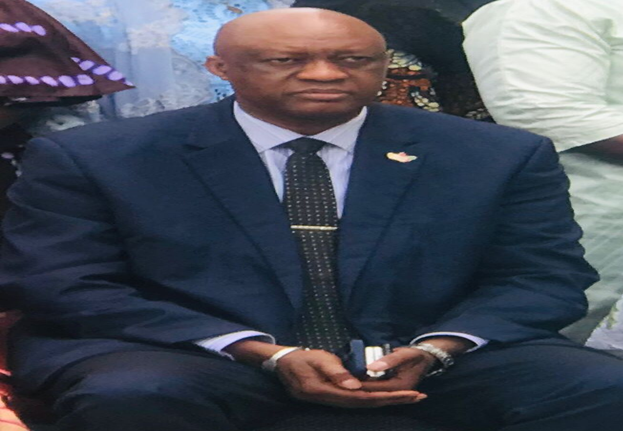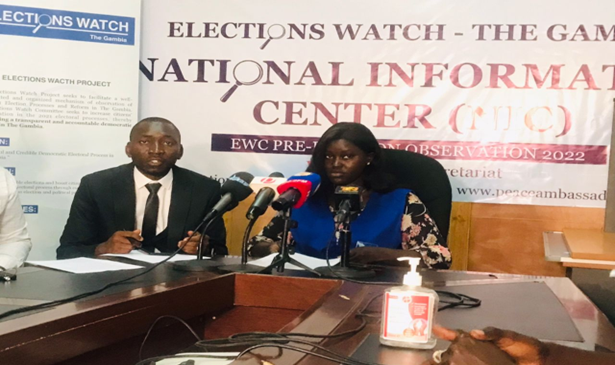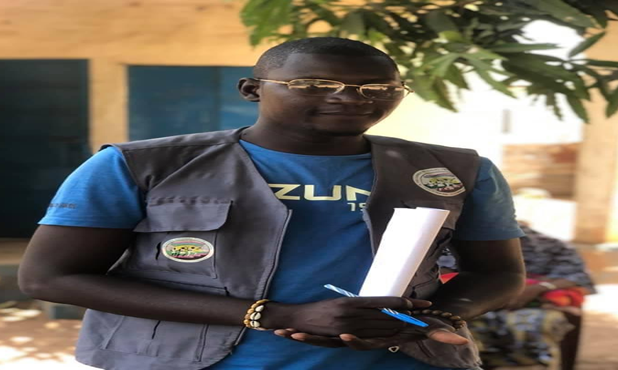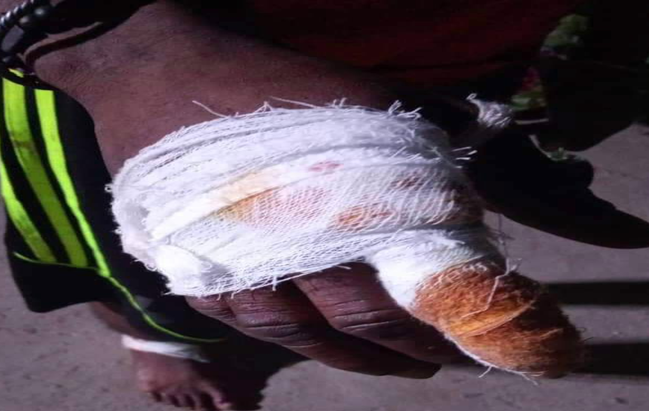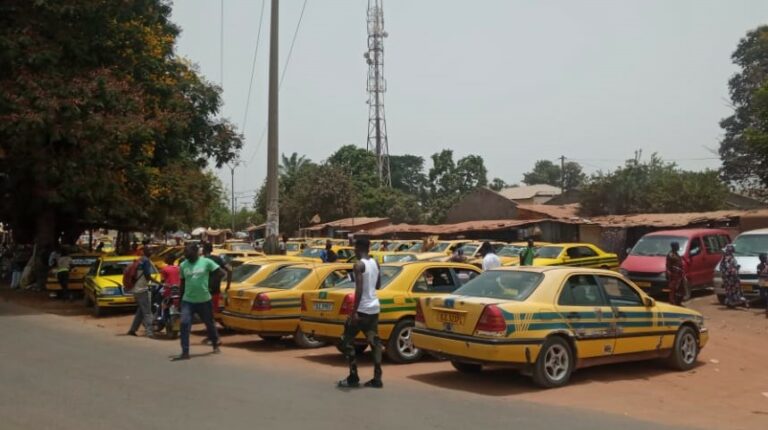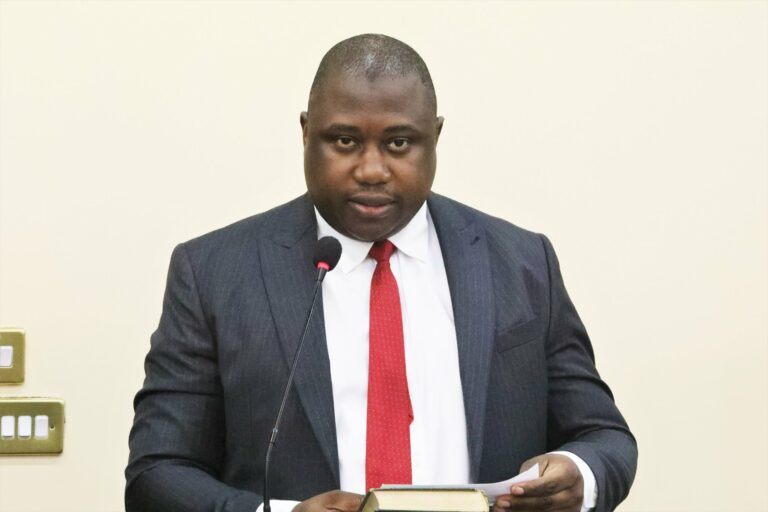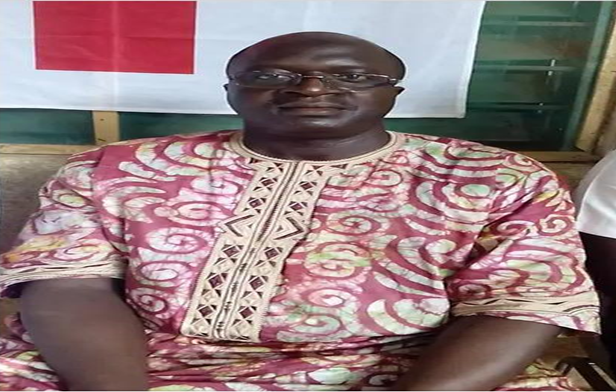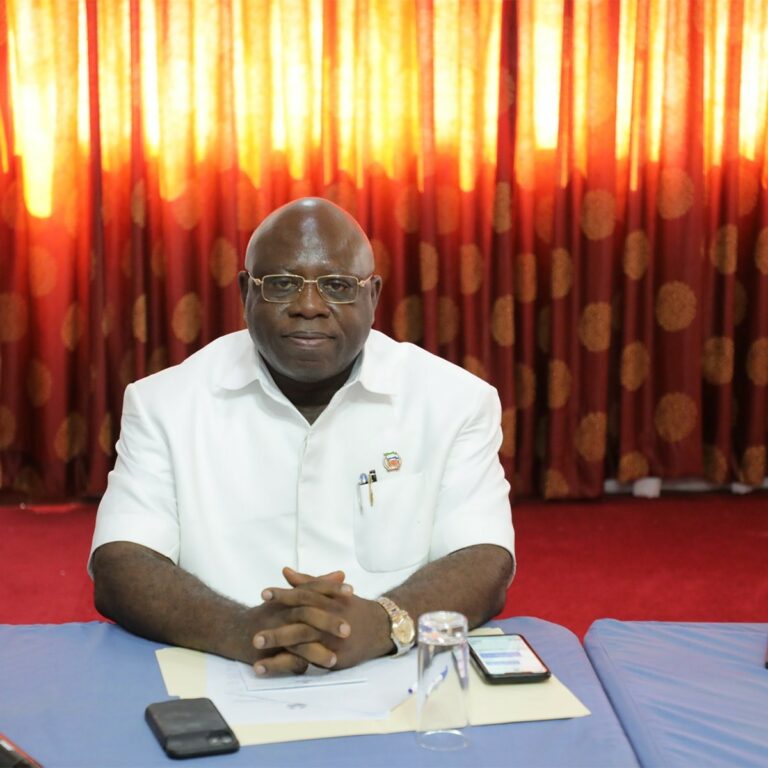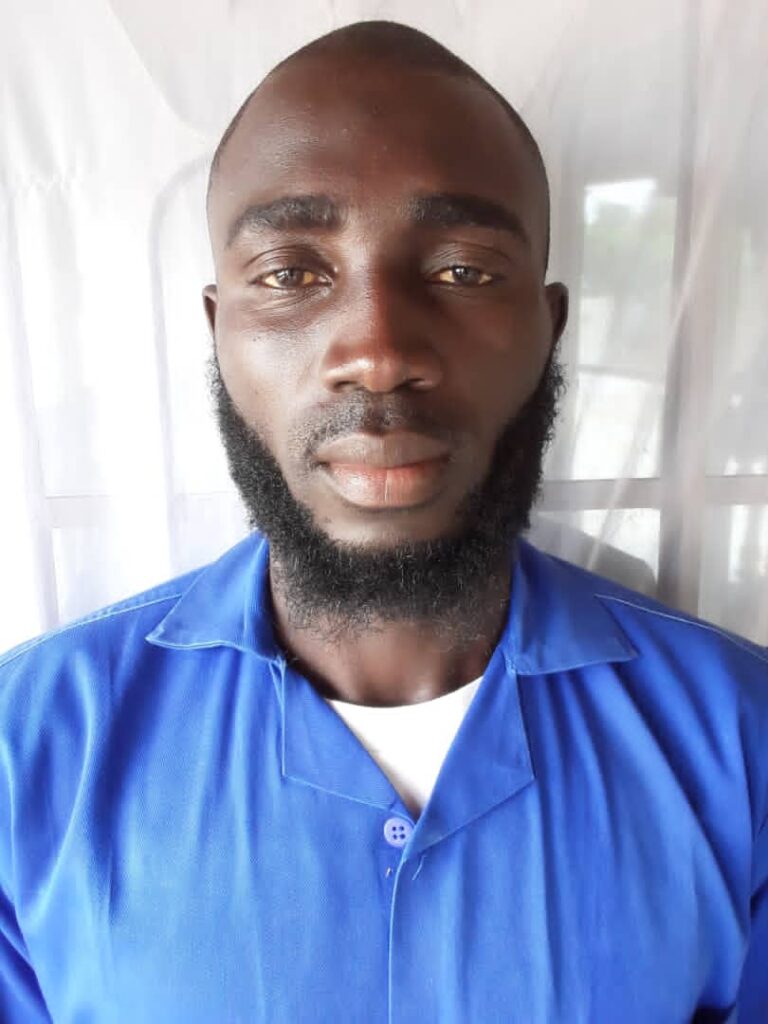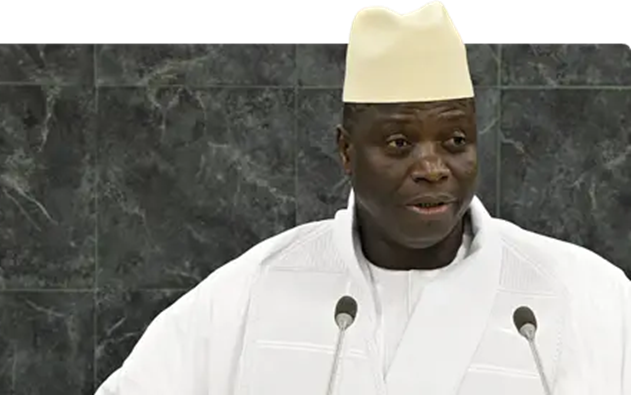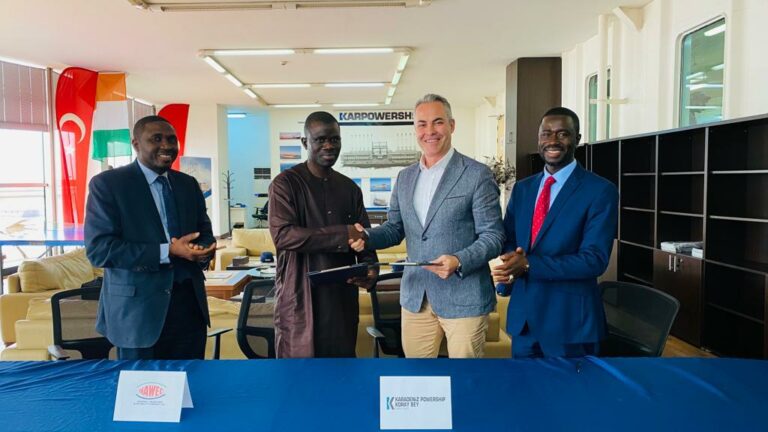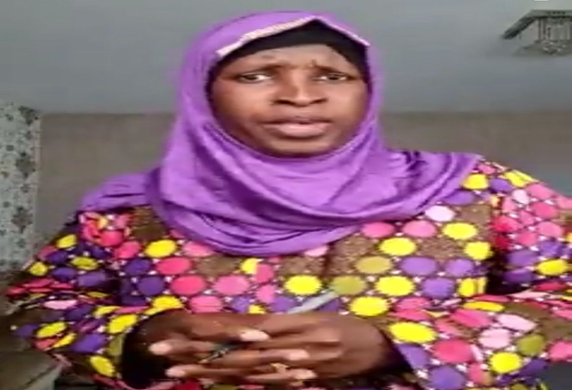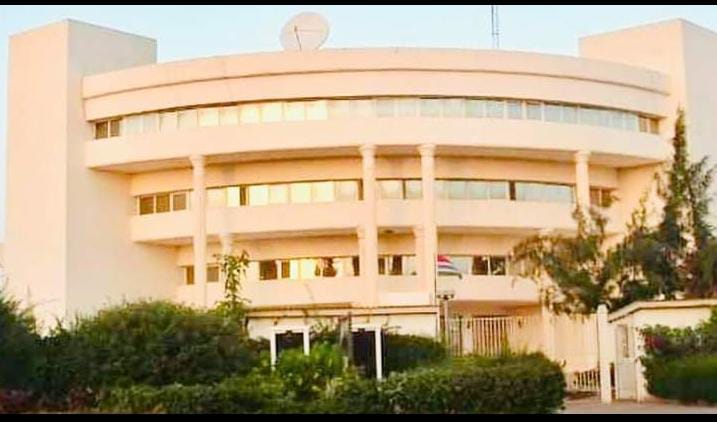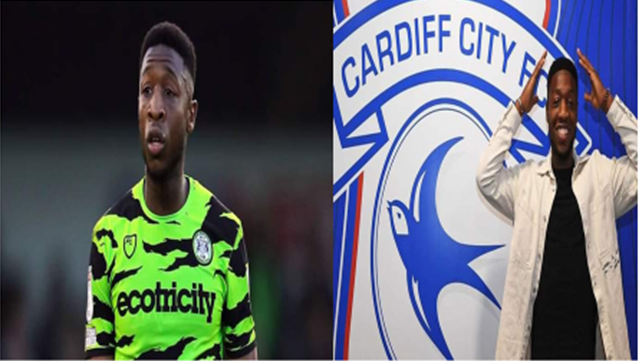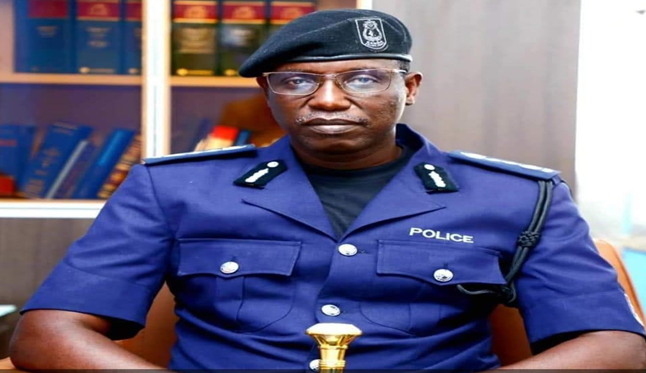By: Muhammed Lamin Drammeh
“If I have the opportunity to go to Europe, football will be my priority”, words of a young Banker at Zenith Bank and an amazingly bright football star in the pinnacle of Gambian Football, Lamin Balajo, Brikama United’s Midfielder.
A rare breed in Gambian Football, the young star is changing the trend by keeping two things alive. Football in the Gambia is not lucrative especially if you are playing for local teams in the country. Many had shunned the game as soon as they have better opportunities somewhere but Lamin is keeping it tight despite being a staff at Zenith bank with a very good university degree.
“I can’t depend on football in the Gambia so I have to do both”, he pointed out.
In 2014, Lamin Balajo, commonly known as Xavi, emerged in the Gambian football terrain at a very young age when he started playing for Bombada FC in the First Division of the Gambian Football League while he was going to the University of the Gambia as an accountancy student.
A talented student, Lamin, at a tender age embarked on seeking his dreams in football and glory in academics with a father who doesn’t fancy football. All that his father wanted is for the young man to get a good university and job that will better his life. But Lamin, having passion and dreams in the game will balance the two. He will sneak out in the afternoon to go and play football and at the same time read his books. He will sometimes tell his father a different story anytime he needs to buy football boots.
“My dad didn’t like football he never encourage me to do football his priority is for me to get my degrees and have a good job. My family is not a family that supports football. At some point as a young player, I needed someone to encourage me to buy football materials and always be there for me when I’m playing. And
Sometimes what I do to get a shoe is to tell my dad I’m going to buy books. Immediately when I do that, he will give me some money then I will buy football shoes”.
Xavi told The Fatu Network.
The young star would make sure he scored good grades at Nustrat senior secondary school. Upon completing Nusrat in 2012, he got admission into the University of The Gambia to study accountancy. While chasing his bachelor’s degree, Lamin didn’t shun football, he continued playing football in the zenith of Gambia football from Bombada to Brikama United playing week in and week out.
“It was very hectic for me. I had to school during the day and at night I had to study. But with this, I told myself common xavi you can do it. This was what kept me going while I was doing my bachelor’s degree”.
Lamin began working at Zenith Bank in 2018. Having a good job, he didn’t surrender his dreams of football. He still plays football and will not train with the team. He will train alone at night and will still be part of the Brikama United team week in and week out. The only time Balajo will train with the team, will be when he is on leave. Till today, the Zenith bank young staff will train at night alone while his teammates will train in the morning, a rare instance in a game.
” it was not easy for me initially.
When I started working, it was very hectic. At some point, I wanted to quit but a few things keep me going:
my love for the game and the passion I have for football.
Most of the people who know me will advise me not to quit football because they see a brighter future ahead, especially my coach and some senior players in my team, so this thing keeps me going”. He revealed this to The Fatu Network when quizzed on how he balances banking and football.
Lamin’s passion for football and dreams of making a successful career in the game outweigh all his dreams. For over five years, he will hardly train with his teammates but will be part of the team every week.
Lamin, with his degree in accountancy and staff at Zenith Bank, emphatically told this medium that when he has the chance to Europe, Football will be his utmost priority. He has the conviction that he can generate so much in football.
” I like football more than anything.
The passion I have for football is massive
And I believe I can get something out of it when I’m in Europe”, he said.
Xavi, named after Spanish Football legend the current head coach of FC Barcelona, had been so influential in Modou Lamin Nyassi’s Brikama United. Despite training alone, he has four goals contribution this season and remains an integral part of the Brikama United team.
Balajo’s brilliance in academics has followed him on the pitch as a creative midfielder. To Xavi, working at the Bank is a decent job as wanted by his father but his biggest accomplishment will be by becoming a professional footballer. At age 21, he has a lot to offer and the potential of representing the Gambia in international football.

